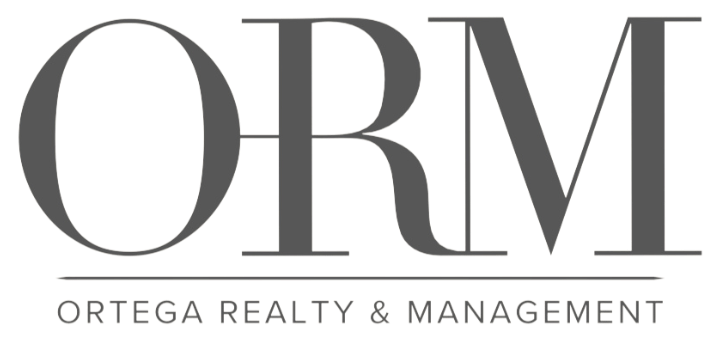Relocating to Portugal is an exciting journey, but moving your belongings across borders requires careful planning. Whether you’re bringing a few personal items or shipping an entire household, here’s everything you need to know about transporting your belongings to Portugal efficiently and legally.
1. Understanding Customs Regulations
Portugal, as part of the European Union (EU), follows specific customs regulations for imports. If you are an EU resident, moving goods within the EU is straightforward, as there are no customs duties. However, non-EU residents must go through customs clearance. Household goods can often be imported duty-free if they are used and have been owned for at least six months prior to relocation.
Key documents required for customs clearance include:
– A detailed inventory of items
– Proof of residency in Portugal
– A declaration stating items are for personal use
– Passport and visa details
– Bill of lading (for sea freight) or air waybill (for air freight)
2. Shipping Methods: Sea, Air, or Land?
The best transport method depends on your budget, timeframe, and volume of belongings.
Sea Freight
– Best for: Large shipments, entire households, furniture, and vehicles
– Cost: More affordable than air freight but slower
– Timeframe: 4-8 weeks, depending on origin and customs clearance
– Popular ports: Lisbon, Porto, and Sines
– Options: Full Container Load (FCL) for large moves or Less than Container Load (LCL) for smaller shipments
Air Freight
– Best for: Small shipments, valuables, or urgent moves
– Cost: More expensive but much faster
– Timeframe: 1-2 weeks
– Considerations: Airlines have strict size and weight limits; check for restrictions on certain items
Land Transport
– Best for: Moves within Europe
– Cost: Generally lower than sea or air freight
– Timeframe: 1-3 weeks, depending on the origin country
– Options: Hire a moving truck, use international courier services, or drive your belongings yourself
3. Choosing a Reliable Moving Company
Hiring a professional moving service can simplify the process. Look for companies specializing in international moves, preferably those with experience in Portugal. When selecting a company, check reviews, compare quotes, and ensure they provide: door-to-door service, packing and unpacking assistance, customs handling, and insurance coverage.
4. What Can and Cannot Be Brought to Portugal?
Some items are restricted or require special permits. Prohibited or restricted items include:
– Firearms and ammunition (require special authorization)
– Drugs and certain medications (must be declared)
– Fresh produce, plants, and animal products (subject to quarantine restrictions)
– Large amounts of cash exceeding €10,000 (must be declared at customs)
5. Moving with Pets
Bringing pets to Portugal requires careful preparation. You’ll need:
– A valid pet passport (for EU citizens) or a veterinary health certificate
– Proof of rabies vaccination (at least 21 days before entry)
– Microchip identification
– Compliance with EU pet import regulations
Some airlines allow pets to travel in-cabin, while larger animals may need to be transported via cargo. Always check airline regulations beforehand.
6. Temporary vs. Permanent Relocation Considerations
If you’re moving to Portugal temporarily (for work, study, or digital nomad purposes), consider:
– Renting furniture instead of shipping large items
– Storing non-essential belongings in your home country
– Bringing only necessary personal items
For permanent moves, investing in professional movers, insurance, and careful packing ensures a smooth transition.
7. Cost Considerations and Budgeting
Moving internationally can be costly, so budgeting is key. Estimated costs include:
– Sea freight (FCL): €2,000 – €5,000 (depending on volume and distance)
– Air freight: €5,000+ (for large shipments)
– Land transport (within Europe): €1,500 – €3,000
– Customs duties (if applicable):Varies based on item value
– Moving insurance: Typically 1-3% of the declared shipment value
8. Final Tips for a Stress-Free Move
– Declutter before moving: Sell, donate, or store items you don’t need
– Label boxes clearly: Makes unpacking easier
– Keep important documents and valuables with you: Avoid placing them in checked luggage or shipping containers
– Track your shipment: Most moving companies provide tracking options
– Plan ahead: Book movers and customs paperwork at least 2-3 months in advance
Transporting your belongings to Portugal doesn’t have to be complicated with the right planning and logistics. Whether you choose sea, air, or land transport, understanding customs rules, hiring a trusted moving service, and budgeting properly will make your move seamless.
Need expert assistance with your relocation? ORM is here to help make your transition smooth and hassle-free. Get in touch with us, and we’ll connect you with reliable professionals to ensure your move is stress-free!
